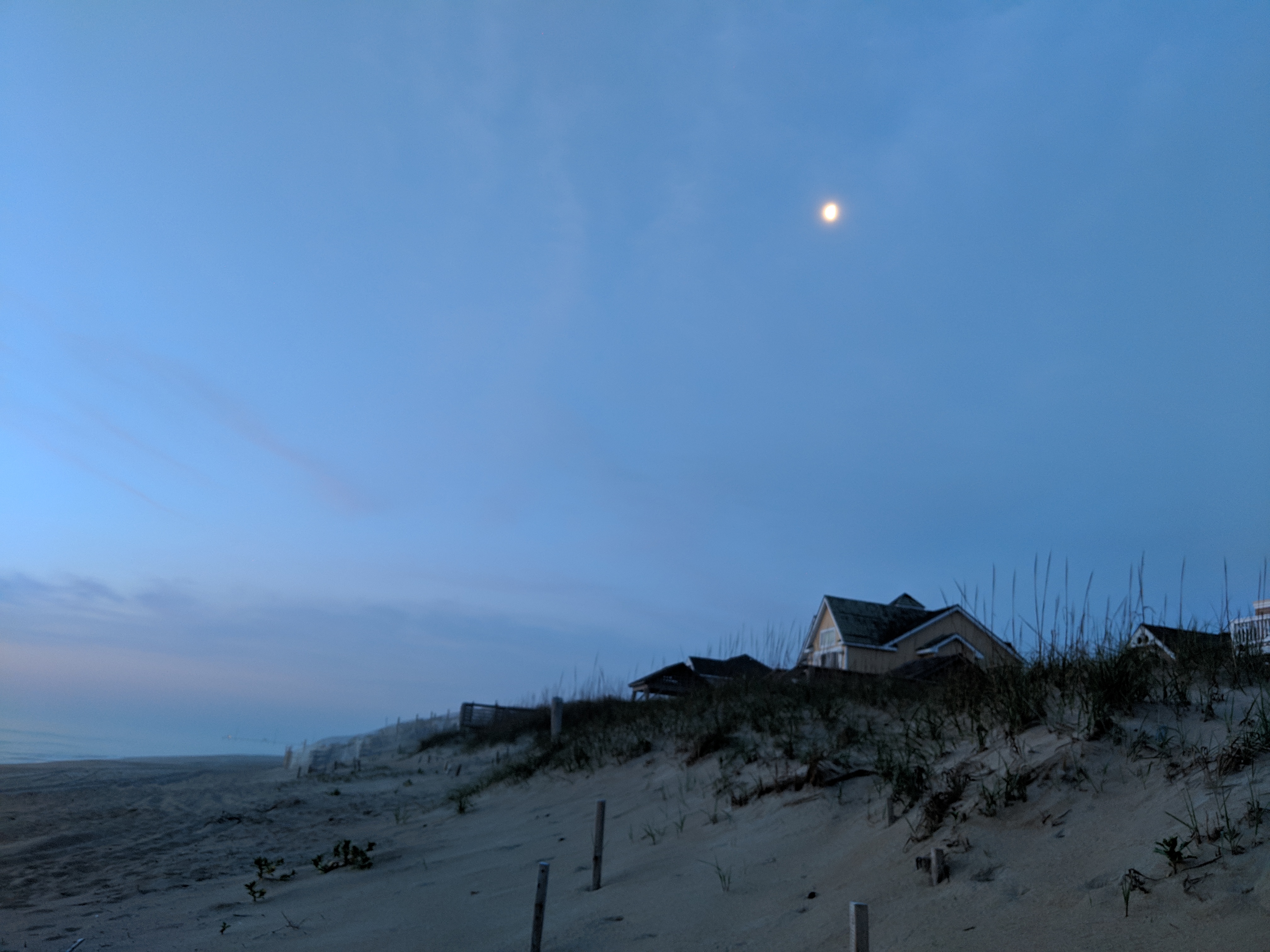
Nah, you’re right, it definitely isn’t as simple as all due to the material conditions, although I do tend to think the majority of crime is due to them. At the same time, I’m not sure I’m using material conditions in the correct technical sense, and was thinking about including a , “someone feel free to correct my usage” note in my comment. I also wasnt really itching for a super in-depth conversation about it, even though your question
do you think Trump is lacking in material conditions?
is a really interesting one that I’d need to think and talk about a lot. I think if we had appropriate non coercive controls against accumulation of property, while also living in a society that met the physical, psychological, and social needs of its people, Trump perhaps would not be a criminal.
This comes from my tendency to think people are more inherently good than evil, and that much of the evil comes from the patriarchal culture of accumulation








Helps them feel better than others, maybe they have low self esteem or something